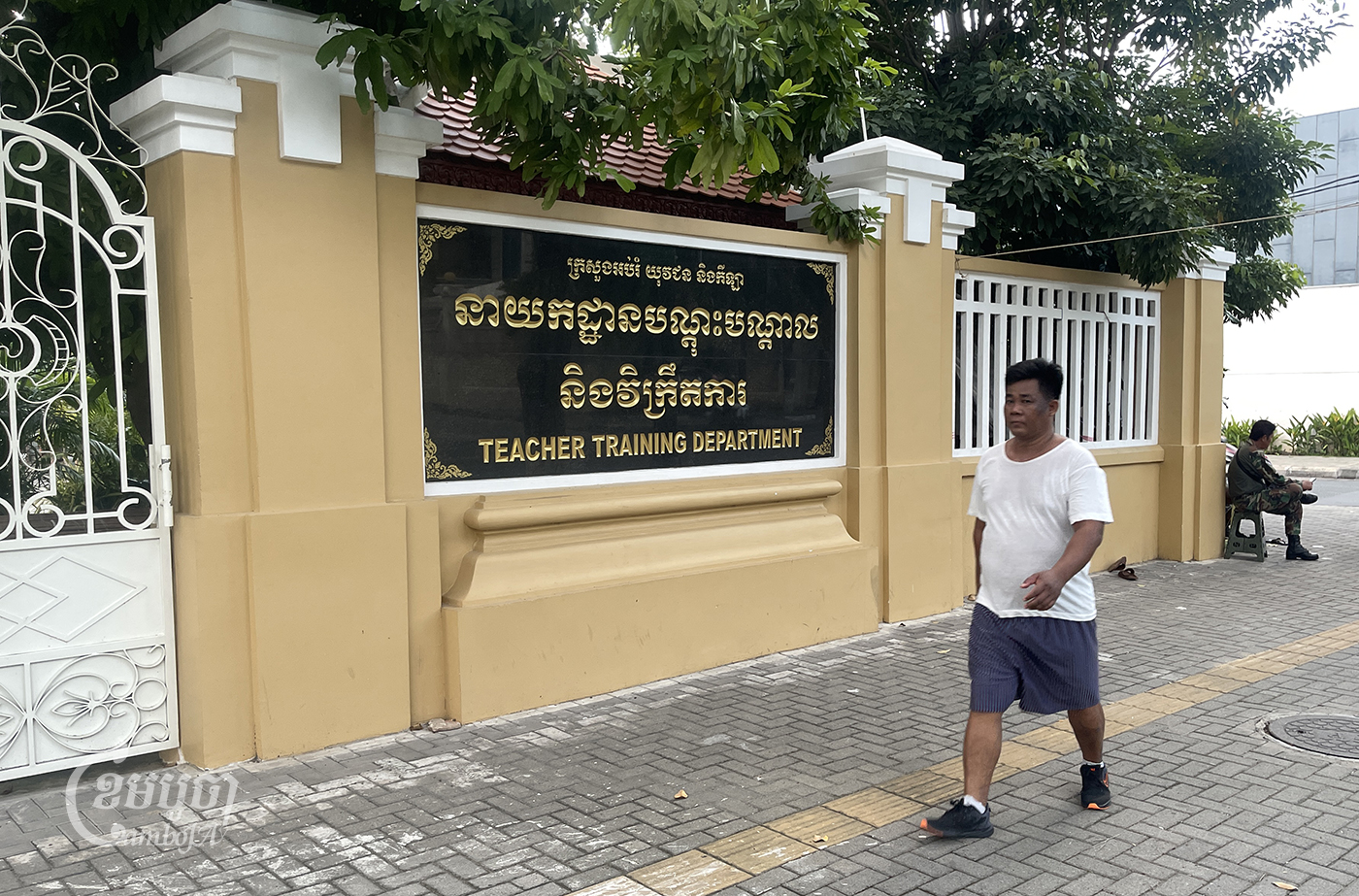Our Terms & Conditions | Our Privacy Policy
World bank Approves $80M to Boost STEM Education
The World Bank has greenlit $80 million to support Cambodia’s efforts in improving the quality of higher education and research, specifically targeting technology, engineering, and mathematics (STEM).
According to the World Bank’s public statement on September 23, the six-year project will support nine public higher education institutions in Cambodia to produce “well-qualified graduates and research” that “contributes to the country’s economic development.”
There are 32,000 students—including about 13,000 women—who will benefit from the aid project which will include updating curricula, training lecturers, and digitizing the delivery of education, according to the World Bank.
The eight-figure scheme will focus on improving the quality of education and training for female students, faculty, and students with disabilities, while prioritizing climate change and resilience research.
The project’s funding will come from the International Development Association (IDA), the World Bank’s concessional lending arm for low-income countries.
This is not the first time the World Bank has provided significant aid to Cambodia’s education sector, but it marks the first injection of funding for the fall semester.
In May, the international financing institution approved a comparable $79.5 million to enhance education quality and access in Cambodia, along with an earlier $69.25 million allocation in January 2022.
According to the World Bank, the new project will build “on the successes of and lessons learned” during prior programs.
Fata No, the Education Specialists for the World Bank in Cambodia, stated that, unlike other projects, the programs developed with the newest aid will primarily focus on STEM-related education, which aims to cultivate talent that enhances Cambodia’s development and competitiveness in modern industries.
As of 2020, most Cambodian college students lean towards social science majors while only about 30% enroll to learn STEM skills.
No verified that the financing for these programs will be provided to the Cambodian government through concessional loans.
 A man walks past the Teacher Training Department, a federal training facility operated by the Ministry of Education, Youth and Sport, in Phnom Penh on September 25, 2024. (CamboJA/ Pring Samrang)
A man walks past the Teacher Training Department, a federal training facility operated by the Ministry of Education, Youth and Sport, in Phnom Penh on September 25, 2024. (CamboJA/ Pring Samrang)
Sarin Sonapha, a third-year food engineering student at the Royal University of Phnom Penh, is elated that the World Bank’s new budget aims to help STEM departments, which she believes has been lacking in teaching skills sought by the job market.
“I think this project will help improve the quality of STEM education, because with the money we are given, we can do research, so we need money to buy modern equipment,” she said.
Ministry of Education, Youth and Sport spokesperson Khuon Vicheka told CamboJA News that she is confident that by leveraging lessons learned from prior initiatives and ongoing projects with the World Bank, along with the introduction of STEM-focused aid, Cambodian teachers and professors “will soon have the necessary qualifications to meet the demands of the education sector in the 21st century.”
While the budget increase from the World Bank has generated optimism, some Cambodian STEM professors argue that although the funding can improve the quality of students and instructors, the country may struggle to compete regionally in research if a significant portion of the funds is not also allocated for materials.
“Our STEM sector has a big problem, our government does not help the laboratory and our students have only learned the theory, never the practical experience,” said Tieng Siteng, a material chemist and lecturer at the Royal University of Phnom Penh,
Without adequate resources in laboratories or makerspaces for meaningful research, Cambodia’s contributions to STEM will lag behind those of other countries in the region, Siteng asserted.
Siteng also emphasized that a budget is needed to hire high-quality staff and invite guest instructors, which is essential for providing students with the practical experience and advanced training necessary to excel in their fields.
Pa Chanroeun, president of the Cambodian Institute for Democracy, expressed his confidence in the new World Bank sponsored project, though he emphasized the need for transparency in the distribution of the funds.
“I urge the Ministry of Education and other stakeholders to pay attention to the distribution of this budget to be transparent, accountable and to ensure the effectiveness of the implementation of projects that use this loan for the benefit of the nation,” he said, adding that the World Bank released a report earlier this year showing that “Cambodia spends a lot of money but is ineffective in deploying funds to the education sector.”
98 views
Images are for reference only.Images and contents gathered automatic from google or 3rd party sources.All rights on the images and contents are with their legal original owners.



Comments are closed.